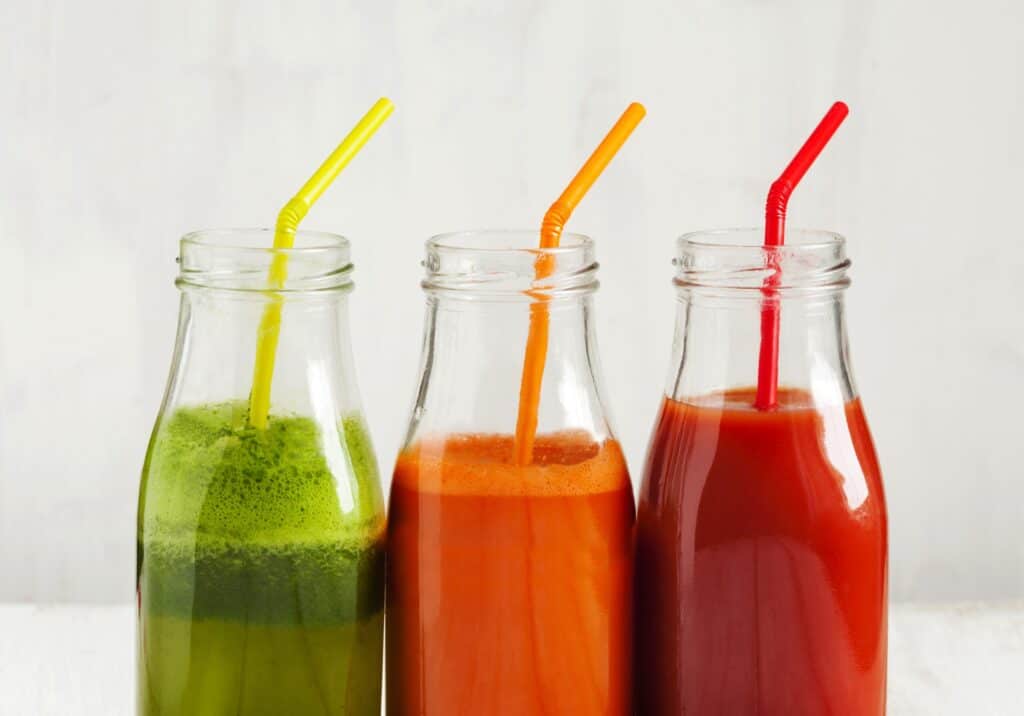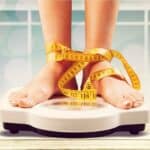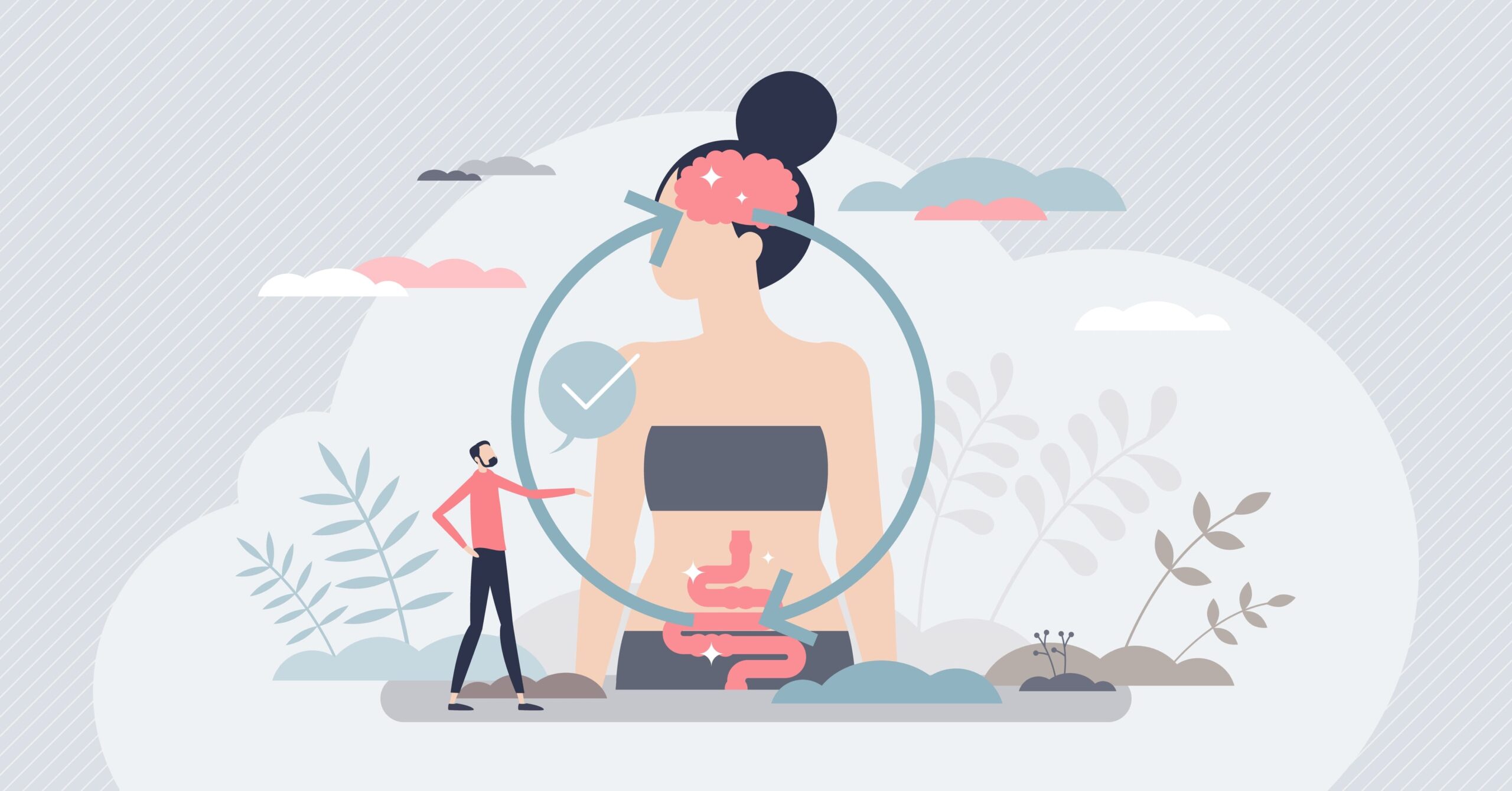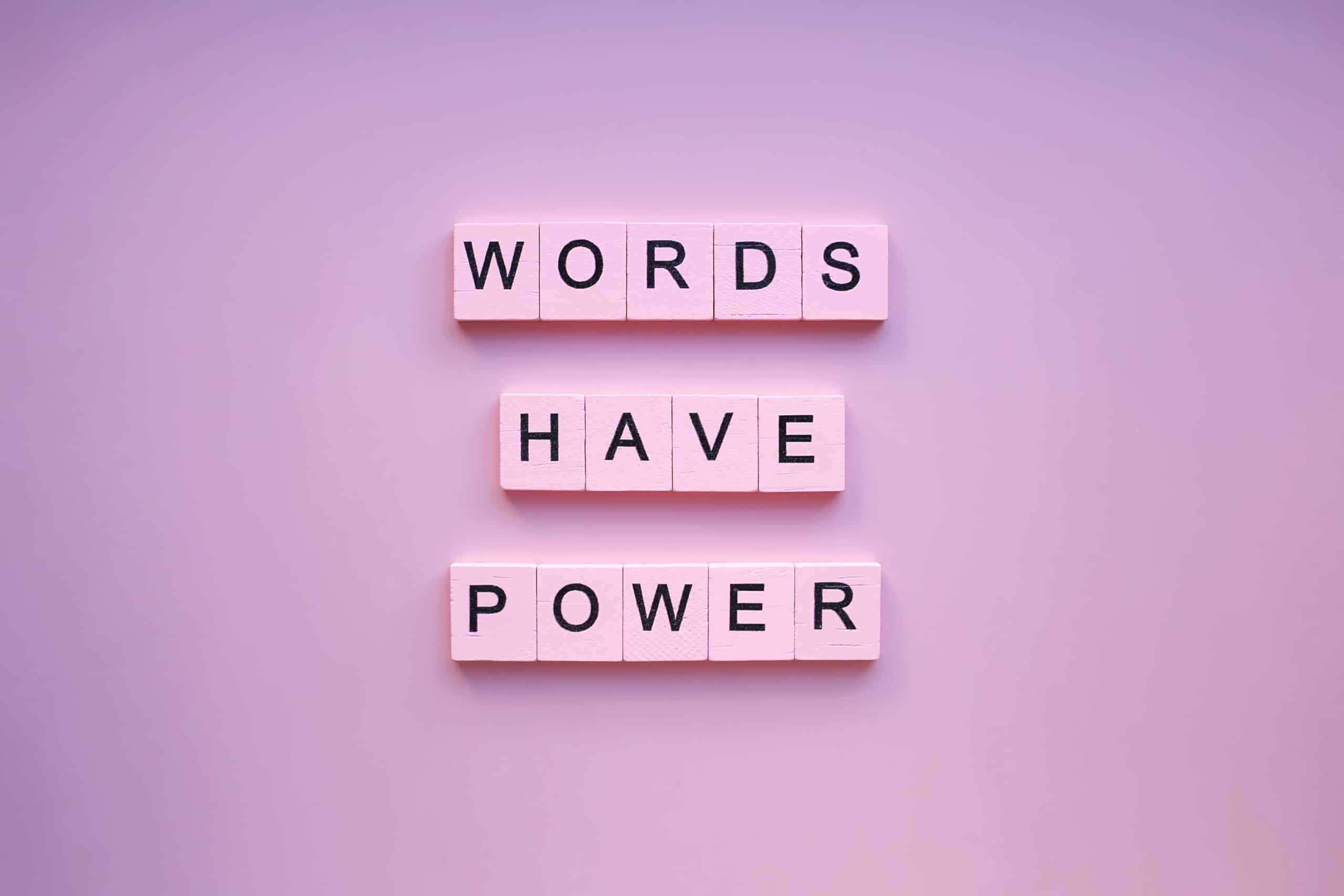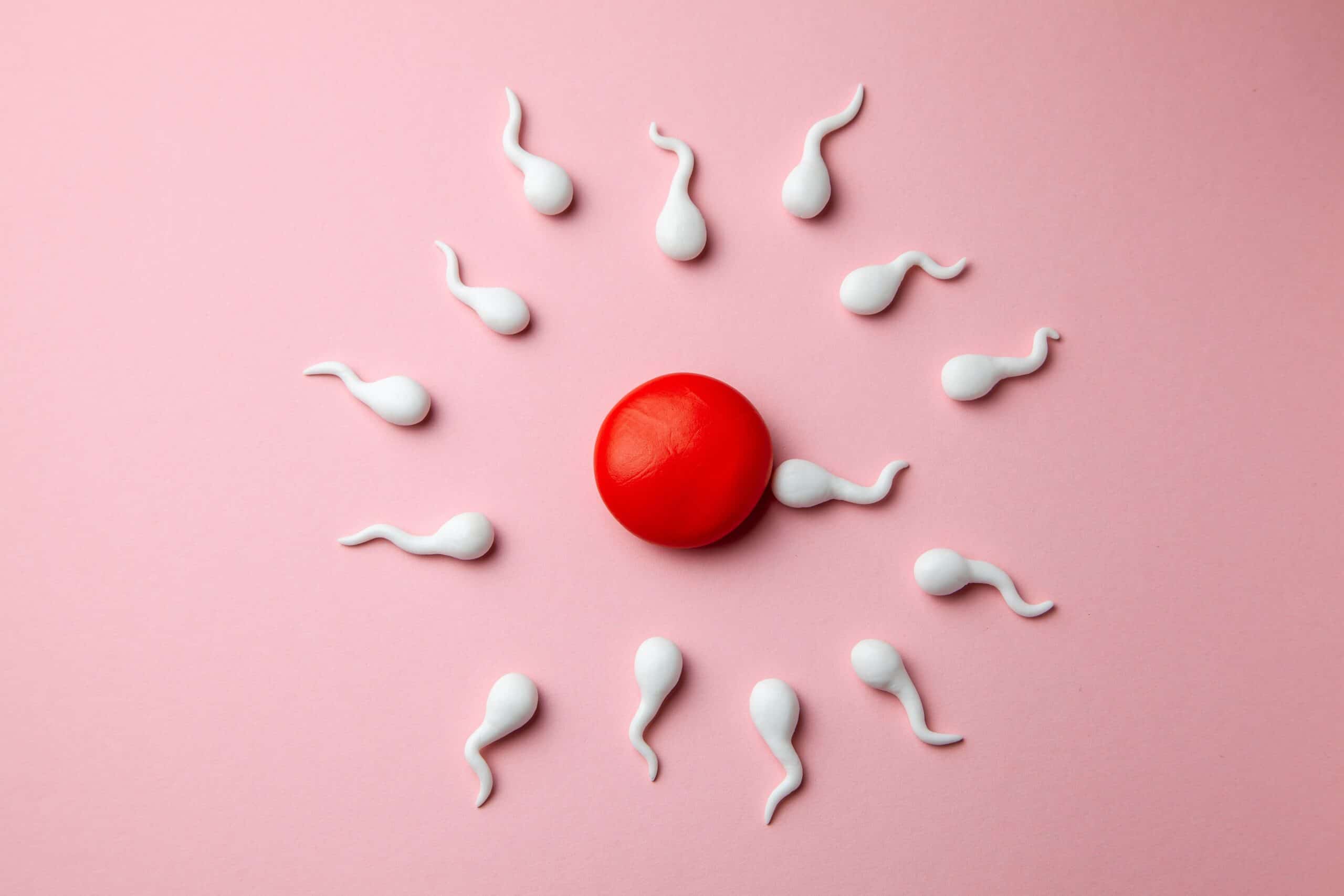Blog
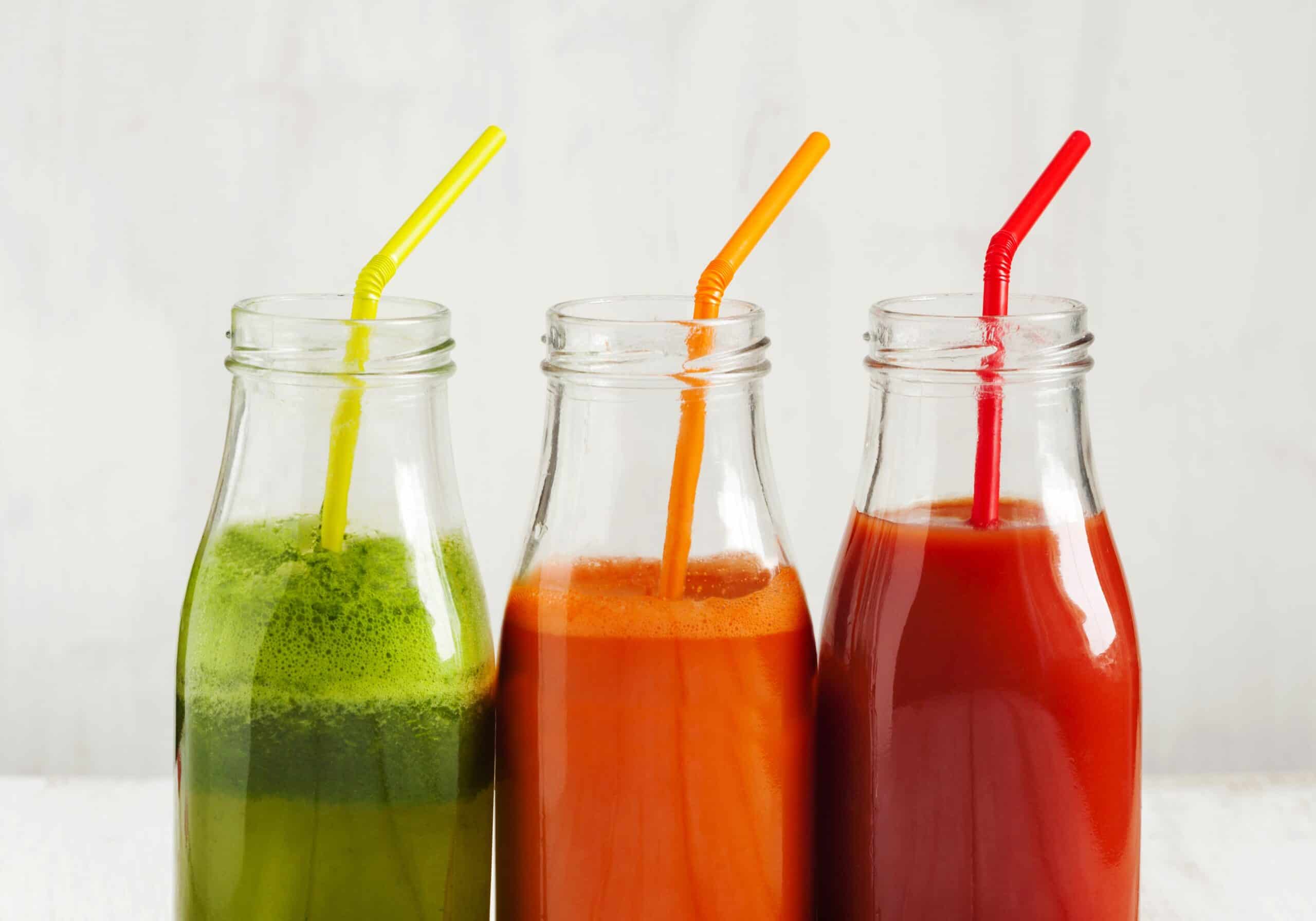
Thinking about doing a detox? Read this first.
The idea that we can cleanse our bodies to help it function better is a nice thought – it’s great to want to take care of ourselves! But when it comes to detoxifying your body, your body already has it under control.
A healthy human body is self-regulating and self-healing. Have you noticed that when you drink alcohol, your body removes it all by itself? That is one of many examples of your innate detoxing mechanisms at work!
If our bodies were NOT able to remove toxins, we would all be extremely unwell and in need of urgent medical attention.
Toxins are molecules that are harmful to the body. Some of these we absorb (for example, from food, alcohol, drugs, cigarettes and air pollution) and others our body creates through its natural processes (such as carbon dioxide and ammonia).
The body’s process of detoxification is a complicated one1, but here is how it works in a nutshell:
Substances enter our bodies through the intestines, lungs and skin and are absorbed into the bloodstream. The blood then travels to the liver – aka our main detoxing organ. Here, the blood is filtered; the molecules that the body needs are absorbed while the harmful toxins are sent to either the colon or the kidneys for excretion.
Toxins that travel to the colon exit the body via faeces – hence why it is so important to have regular healthy bowel movements! Whilst toxins that are sent to the kidneys are excreted through the urine. The fact that we can test the urine for drugs shows what a great job the body does of removing toxic substances.
Are you impressed?
Yes, your body does ALL of that for you!
So then if our bodies are so good at cleansing themselves of harmful substances why are there so many “detox” products and services on the market?
Great question.
There are many issues with the promotion of “detoxifying” products and services. The following will highlight issues that may want you to reconsider your choice to detox.
Some of the “detox” products and services you may have come across:
- Juice cleanses
- Supplements and powders
- Detox teas
- Lymphatic drainage massages
- Colonics
Here is what the evidence says.
ONE. There is very little research to support many of them
There have been very few studies looking into “detox” products and programs, and those that do exist show that they’re not as effective as businesses want you to believe2-4. While they promise to cleanse your body of toxins, they rarely specify exactly which toxins they will act upon and they definitely don’t support their claims with high-quality research.
For example, the rationale for colonic cleansing stems from the ancient Egyptians, who believed that a person’s faeces could poison them from the inside and cause disease – also known as intestinal autointoxication. This theory has since been discredited5.
A systematic review investigating colonics found that there is no good quality research to support the health benefits of colonics but many address the potential harmful side effects6. These included electrolyte imbalances, bowel perforations and even parasitic or bacterial infections.
Another study looked into a popular “detox” supplement that claims to assist with weight loss, reduce bloating, and improve overall health7. When compared to a placebo, the results showed that after four weeks, the supplement had no significant effect on any of these factors.
TWO. They are expensive
Considering there is no significant evidence supporting these products and services have any health benefits, they sure do cost a lot! This isn’t surprising since the diet industry is worth almost £145 billion (GBP) worldwide. You may notice that many people or businesses swearing by their “detox” products are the same people who make a profit from them.
THREE. They can be harmful
Not only is the sale of “detox” products and services unethical, the consumer’s health may also be at risk!
For example, “detox” diets (such as juice cleanses) are often low in calories and other nutrients such as protein and fibre. Low-calorie diets can have a variety of negative effects on your body8, such as slowing down your metabolism, disrupting your blood sugar levels and potentially triggering a binge-like episode at the conclusion of the diet. This can cause all kinds of symptoms, such as low energy, fatigue, dizziness and nausea, just to name a few. The lack of fibre can also seriously disrupt your bowel habits and cause gastrointestinal distress.
These diets may be particularly harmful for people with underlying medical conditions, such as diabetes, irritable bowel disease and eating disorders9-11.
That being said, many people SWEAR they can feel a difference after completing a “detox”. However, since there is no scientific evidence to support this, we should consider that this may be due to:
- A placebo effect. When we strongly believe a product works, we can perceive that it is having an effect, even if it isn’t.
- Increasing other healthy habits. If you’re undergoing a “detox”, you may also be exercising more, drinking more water, drinking less alcohol and eating less processed food. These factors are all going to improve your feelings of wellbeing!
- Fruit and vegetable intake. Many of the powders and juices have a high fruit and vegetable content, which will naturally make you feel great as they are rich in vitamins and minerals key for optimal health. However, you can get a similar effect from eating whole fruit and vegetables on a regular basis – no need for a fancy product that costs an arm and a leg!
THE VERDICT?
At the end of the day – your body will detox itself. If it didn’t, you would be very unwell. There is no need for special diets or fancy products.
At Embody Health London, we are committed to providing an evidence-based approach to nutrition – this means that all of our advice stems from high-quality research. As a result, we do not recommend the use of “detox” products or services.
If you would like to learn more about evidence-based ways of improving your health, our dietitians can help! Contact us at hello@embodyhealthlondon to find out how we can support you.
Karli Battaglia MDiet, APD
EHL Team x
References
- Parke D, Williams R. Metabolism of Toxic Substances. British Medical Bulletin. 1969;25(3):256-262.
- Klein A, Kiat H. Detox diets for toxin elimination and weight management: a critical review of the evidence. Journal of Human Nutrition and Dietetics. 2014;28(6):675-686.
- Ernst E. Alternative detox. British Medical Bulletin. 2012;101(1):33-38.
- Cohen M. ‘Detox’: science or sales pitch. Aust Fam Phys. 2007;36:1009-10.
- Mathias M. Autointoxication and historical precursors of the microbiome–gut–brain axis. Microbial Ecology in Health and Disease. 2018;29(2):1548249.
- Acosta R, Cash B. Clinical Effects of Colonic Cleansing for General Health Promotion: A Systematic Review. The American Journal of Gastroenterology. 2009;104(11):2830-2836.
- Tinsley G, Urbina S, Santos E, Villa K, Foster C, Wilborn C et al. A Purported Detoxification Supplement Does Not Improve Body Composition, Waist Circumference, Blood Markers, or Gastrointestinal Symptoms in Healthy Adult Females. Journal of Dietary Supplements. 2018;16(6):649-658.
- Kurpad A, Muthayya S, Vaz M. Consequences of inadequate food energy and negative energy balance in humans. Public Health Nutrition. 2005;8(7a):1053-1076.
- Fruit consumption and risk of type 2 diabetes: results from three prospective longitudinal cohort studies. BMJ. 2013;347:6935.
- Restellini S, Kherad O, Bessissow T, Ménard C, Martel M, Taheri Tanjani M et al. Systematic review and meta-analysis of colon cleansing preparations in patients with inflammatory bowel disease. World Journal of Gastroenterology. 2017;23(32):5994.
- Bóna E, Forgács A, Túry F. Potential relationship between juice cleanse diets and eating disorders. A qualitative pilot study. Orvosi Hetilap. 2018;159(28):1153-1157.

